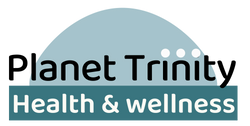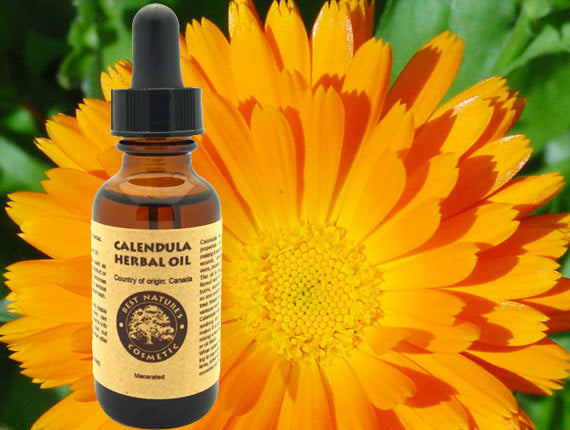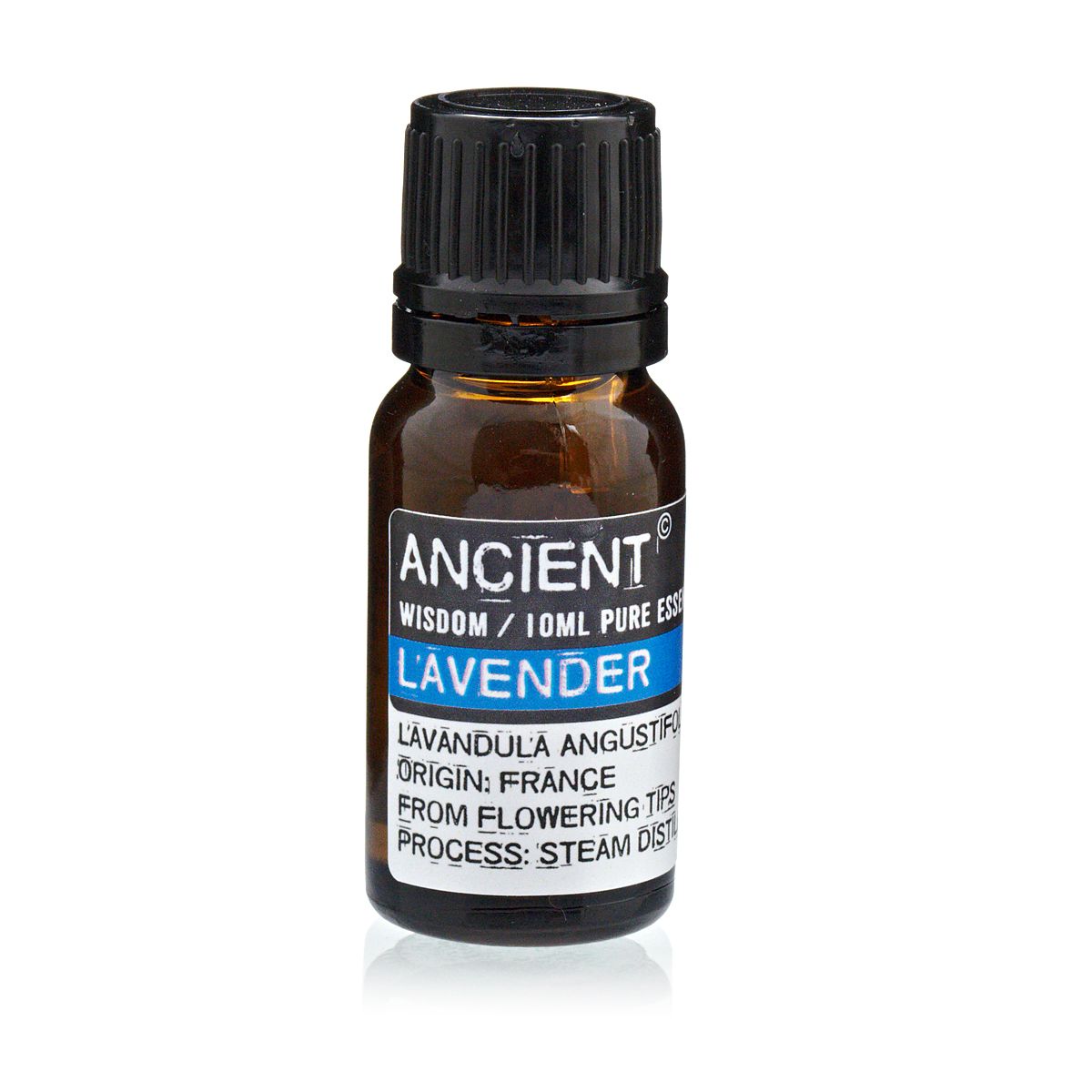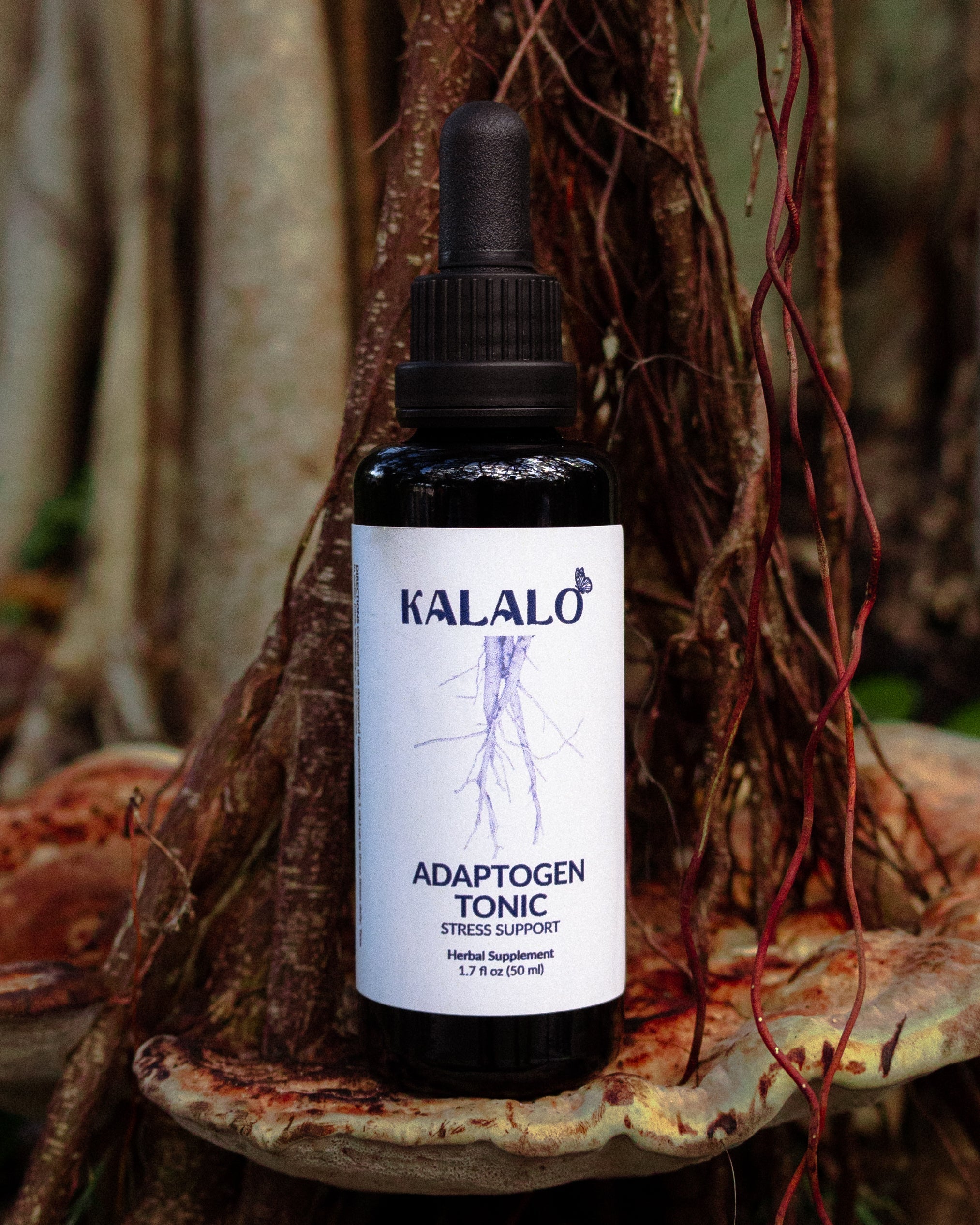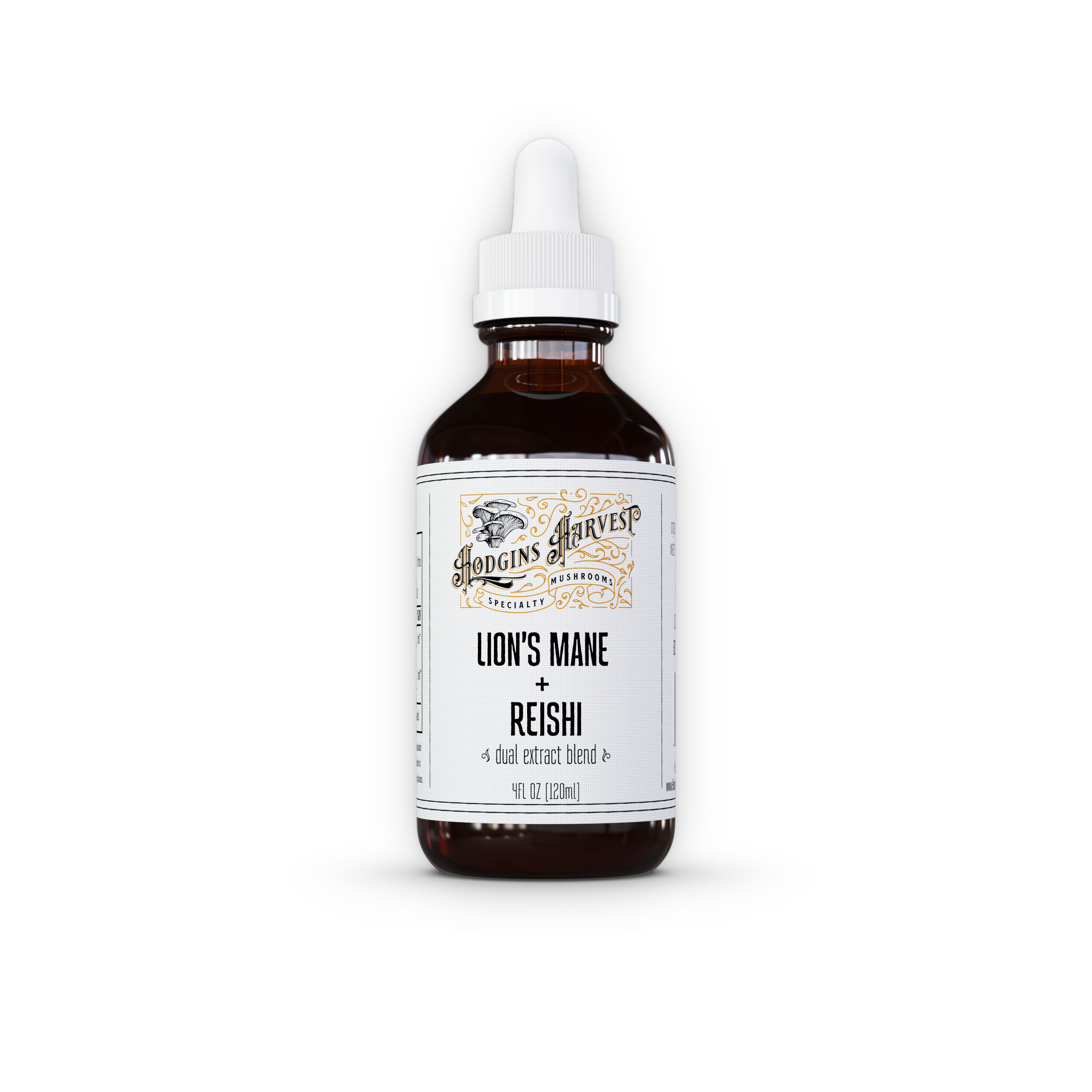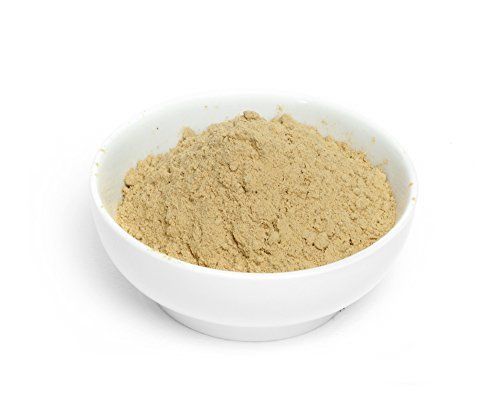
Bone injuries, including fractures, bruises, and microdamage, require a coordinated process of healing that involves cellular repair, collagen synthesis, mineralization, and inflammation regulation. Similarly, cartilage— a softer, flexible tissue that cushions joints—has limited natural regenerative capacity. Supporting the body's natural healing processes with targeted nutrients can promote faster recovery and improved tissue regeneration.
In this article, we'll explore the key vitamins and supplements that aid in bone and cartilage healing, backed by scientific research and clinical studies.
Vitamins and Nutrients That Support Bone Healing
1. Calcium
- Role: The primary mineral in bones, calcium provides structural strength.
- Benefit: Adequate calcium intake is essential for new bone formation and mineralization during fracture repair.
- Sources: Dairy products, leafy greens, fortified foods, supplements.
- Dosage: 1000–1300 mg daily, depending on age and dietary intake.
2. Vitamin D3
- Role: Facilitates calcium absorption in the gut and regulates blood calcium levels.
- Benefit: Deficiency impairs bone mineralization, delaying healing.
- Sources: Sunlight exposure, fatty fish, fortified foods, supplements.
- Dosage: 2000–4000 IU daily (or as recommended by your healthcare provider).
3. Vitamin K2
- Role: Activates osteocalcin, a protein that binds calcium to the bone matrix.
- Benefit: Supports bone density and proper mineralization.
- Sources: Natto, fermented foods, supplements.
- Dosage: 100–200 mcg daily.
4. Magnesium
- Role: Involved in over 300 enzymatic processes, including bone formation.
- Benefit: Deficiency is linked to osteoporosis and slower fracture healing.
- Sources: Nuts, seeds, leafy greens, supplements.
- Dosage: 200–400 mg daily.
5. Zinc
- Role: Essential for collagen synthesis, bone matrix formation, and cell proliferation.
- Benefit: Zinc deficiency can impair fracture healing.
- Sources: Meat, shellfish, legumes, supplements.
- Dosage: 15–30 mg daily.
6. Vitamin C
- Role: Critical for collagen synthesis, the main component of bone matrix.
- Benefit: Enhances new tissue formation, leading to stronger bone repair.
- Sources: Citrus fruits, berries, peppers, supplements.
- Dosage: 500–1000 mg daily.
Supplements Supporting Cartilage Repair
1. Glucosamine
- Role: A natural compound involved in cartilage building.
- Benefit: May stimulate cartilage regeneration and reduce joint pain.
- Usage: 1500 mg daily in divided doses.
2. Chondroitin Sulfate
- Role: Part of cartilage, helps attract water and nutrients.
- Benefit: Supports cartilage matrix integrity and reduces degeneration.
- Usage: 800–1200 mg daily.
3. MSM (Methylsulfonylmethane)
- Role: A sulfur donor involved in collagen and cartilage synthesis.
- Benefit: Reduces inflammation and pain, promotes tissue repair.
- Usage: 2000–4000 mg daily.
4. Collagen Type II
- Role: The main protein in cartilage.
- Benefit: May improve cartilage resilience and reduce symptoms of joint degeneration.
- Usage: Follow product dosage instructions; typically 10,000 mg daily.
5. Hyaluronic Acid
Role: A key component of synovial fluid that lubricates joints.
- Benefit: Supports joint lubrication and may improve cartilage recovery.
- Usage: Oral supplements or intra-articular injections as recommended.
Supporting Natural Healing: Lifestyle and Additional Tips
- Adequate Protein Intake: Amino acids are building blocks for collagen and bone tissue repair.
- Physical Activity: Weight-bearing exercises stimulate bone remodeling; low-impact activities can promote cartilage health.
- Avoid Smoking & Excessive Alcohol: Both impair bone and cartilage repair.
- Rest and Immobilization: Proper rest during the initial healing phase is crucial.
Conclusion
Supporting bone and cartilage healing involves a combination of adequate nutrition, targeted supplements, and healthy lifestyle choices. Vitamins D3, K2, calcium, magnesium, zinc, and vitamin C are foundational for optimal bone repair. For cartilage regeneration, glucosamine, chondroitin, MSM, collagen, and hyaluronic acid are effective options backed by clinical evidence.
**Always consult your healthcare provider before starting new supplements or making significant dietary changes, especially if recovering from injury or managing health conditions
